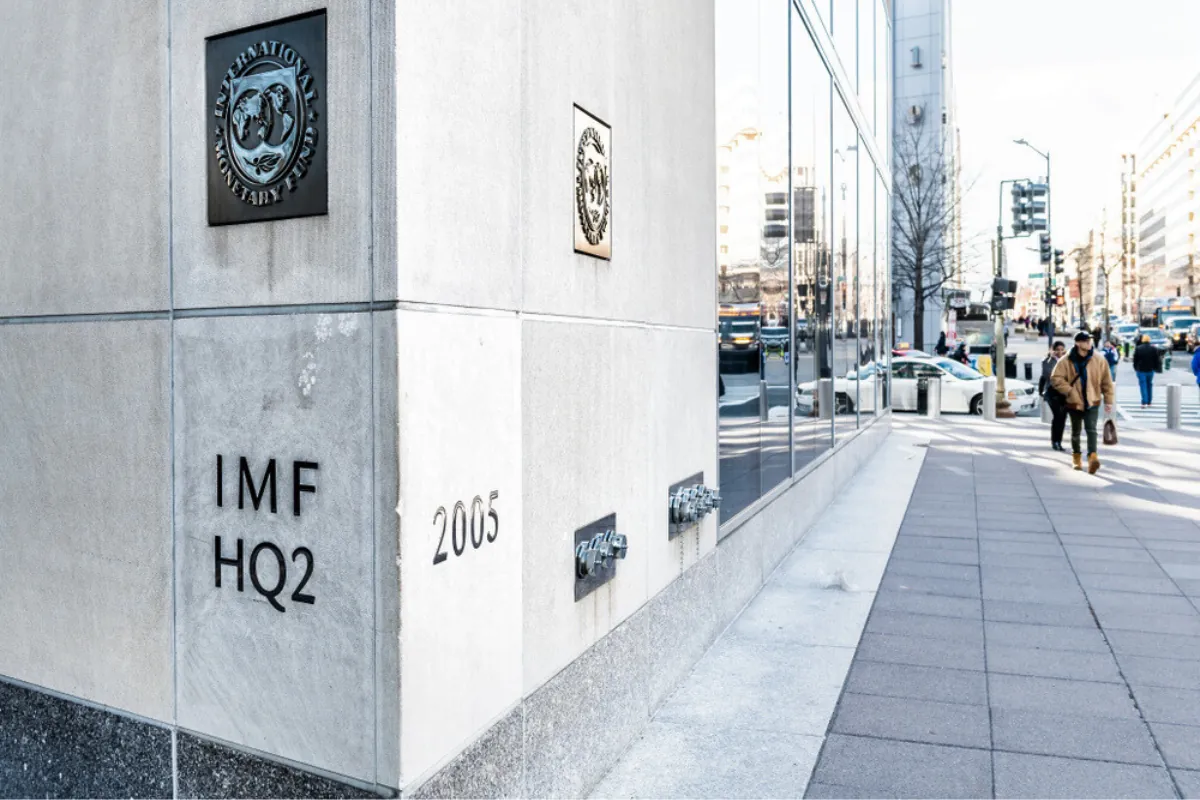The International Monetary Fund (IMF) has announced a significant change in its negotiations with Argentina, delegating talks to new officials amidst ongoing tensions with the South American nation's government. This development comes as the latest chapter in Argentina's long-standing relationship with the IMF, marking the country's 22nd program since joining the fund.
IMF spokesperson Julie Kozack stated, "To best support the ongoing constructive engagement with the Argentine authorities, Western Hemisphere director Rodrigo Valdes has fully delegated program negotiations." The responsibility now falls to Deputy Director Luis Cubeddu and mission chief Ashvin Ahuja, who are directly overseen by fund management.
This decision follows earlier criticism of Valdes by Argentine President Javier Milei, known for his libertarian economic policies. The move reflects the IMF's commitment to maintaining stability in the international monetary system, a primary goal since its establishment at the Bretton Woods Conference in 1944.
An Argentine government source, welcoming the change, criticized Valdes, stating, "He is a leftist who does not understand our economic program." This comment refers to Valdes' previous role as finance minister under leftist Chilean president Michelle Bachelet from 2015 to 2017.
Rodrigo Valdes, who holds a Ph.D. in economics from the Massachusetts Institute of Technology (MIT), has been in his IMF position since May 2023. His background includes work in the private sector at Barclays Capital and BTG Pactual, the largest investment bank in Latin America.
The IMF, headquartered in Washington, D.C., oversees 190 member countries and offers policy advice and financial support to nations facing economic difficulties. Under the leadership of Managing Director Kristalina Georgieva, the fund continues to play a crucial role in global economic stability.
As negotiations continue, the focus remains on finding a constructive path forward for Argentina's economy. The IMF's Special Drawing Rights (SDR) system, serving as an international reserve asset, may play a role in future discussions.
"He is a leftist who does not understand our economic program."
This reshuffling of negotiators underscores the complex dynamics between international financial institutions and national governments, particularly in regions like Latin America where economic policies can vary widely between administrations.
